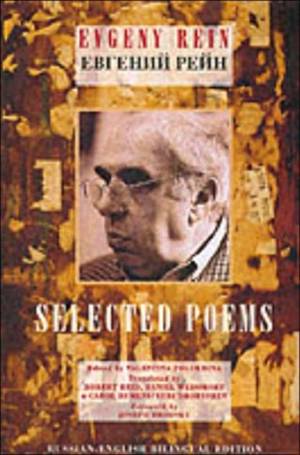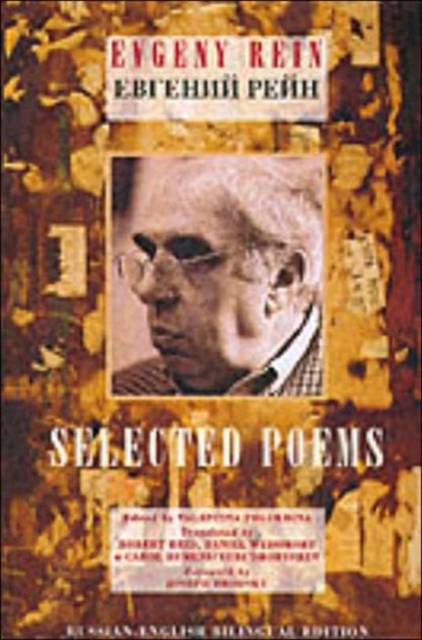
- Afhalen na 1 uur in een winkel met voorraad
- Gratis thuislevering in België vanaf € 30
- Ruim aanbod met 7 miljoen producten
- Afhalen na 1 uur in een winkel met voorraad
- Gratis thuislevering in België vanaf € 30
- Ruim aanbod met 7 miljoen producten
Zoeken
Omschrijving
Evgeny Rein is one of Russia's major living poets. Born in 1935, he belongs to that tragic generation of Russian poets who for decades went unpublished in the Soviet Union. One of Akhmatova's 'magic choir' of young Leningrad poets, he was Joseph Brodsky's mentor and lifetime friend. Brodsky figures in many of his poems, and Brodsky's essay on Rein introduces this bilingual selection: 'Rein is unquestionably an elegiac poet. His main theme is the end of things, the end, to put it more broadly, of a world order that is dear - or at least acceptable - to him. The incarnation of this order in his poetry is the city in which he grew up, the city of Leningrad... But in contrast to the dramatic effect usually found in elegiac poets... the death of the world order in Rein is accompanied by a vulgar ditty from the 30s or 40s. Indeed, for Rein's work - and in my view he is the most gifted Russian poet of the second half of the 20th century - the cadences of Soviet popular music from that era probably had a greater influence than the technical achievements of the best among the Russian futurists and constructivists... Rein not only radically extended the poetic vocabulary and sound palette of Russian poetry; he also broadened and shook up the psychological sweep of Russian lyrics. He is an elegist, but of a tragic stripe. Few among his compatriots would dispute the depth of the despair and exhaustion that darkens these poems... ' Poetry Book Society Recommended Translation.
Specificaties
Betrokkenen
- Auteur(s):
- Vertaler(s):
- Uitgeverij:
Inhoud
- Aantal bladzijden:
- 176
- Taal:
- Engels
Eigenschappen
- Productcode (EAN):
- 9781852245238
- Verschijningsdatum:
- 24/05/2001
- Uitvoering:
- Paperback
- Formaat:
- Trade paperback (VS)
- Afmetingen:
- 137 mm x 213 mm
- Gewicht:
- 272 g

Alleen bij Standaard Boekhandel
+ 27 punten op je klantenkaart van Standaard Boekhandel
Beoordelingen
We publiceren alleen reviews die voldoen aan de voorwaarden voor reviews. Bekijk onze voorwaarden voor reviews.











